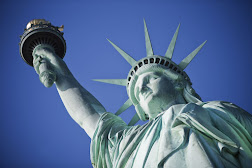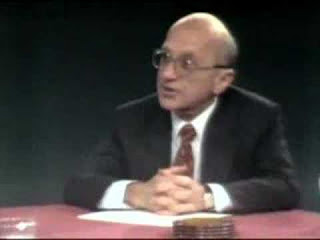"November 2, 2010, California voters will decide whether or not to legalize marijuana.
If passed, Proposition 19 would control marijuana like alcohol, allowing adults 21 years of age and over to possess up to an ounce of pot for personal consumption and grow marijuana at a private residence in a space of up to 25 square feet. The initiative would also allow local governments to tax and regulate the commercial cultivation, transport, and sale of marijuana.
In order to get a handle on the debate surrounding. Prop 19, we spoke to both supporters and opponents of the initiative.
So what do you think? Should Californians legalize marijuana?
Approximately 6 minutes. Produced by Paul Feine and Alex Manning.”
From Reason Magazine
Just from listening to a couple of the law enforcement officers in this video, you hear the same big government arguments in favor of continuing the War on Drugs and marijuana as we’ve heard before: “Do we really want another legal, toxic substance on the market.?” Which is just acknowledging that we already have toxic substances on the market and we already have legal narcotics on the market with alcohol, tobacco, and a whole host of prescription drugs, including painkillers, which are all addictive.
The same argument against marijuana, can also be used against alcohol and prescription drugs, which are legal narcotics in America. So I don’t have a question here because I already know the answer, but what makes marijuana so special when it comes to the War On Drugs is the alcohol and tobacco industries. Those industries don’t want the new competition that could come from a legalized marijuana industry and have subsidized the political campaigns and career of politicians and other public officials who keep marijuana illegal in America.
When you live in a free society, you are acknowledging that there are real risks that come with that personal freedom, including dangerous and risky choices. It then becomes a question of how you deal with those risks: do you make criminals of people for what they do just to themselves or do you acknowledge the obvious and except the fact that just because you criminalize something, that doesn’t mean it goes away, it just means it’s illegal. And that maybe we’re just better off with making the best out of risky choices and trying to make those choices as safe as possible. Which is what we decided to do as a country with alcohol.
You can also see this post on WordPress.









